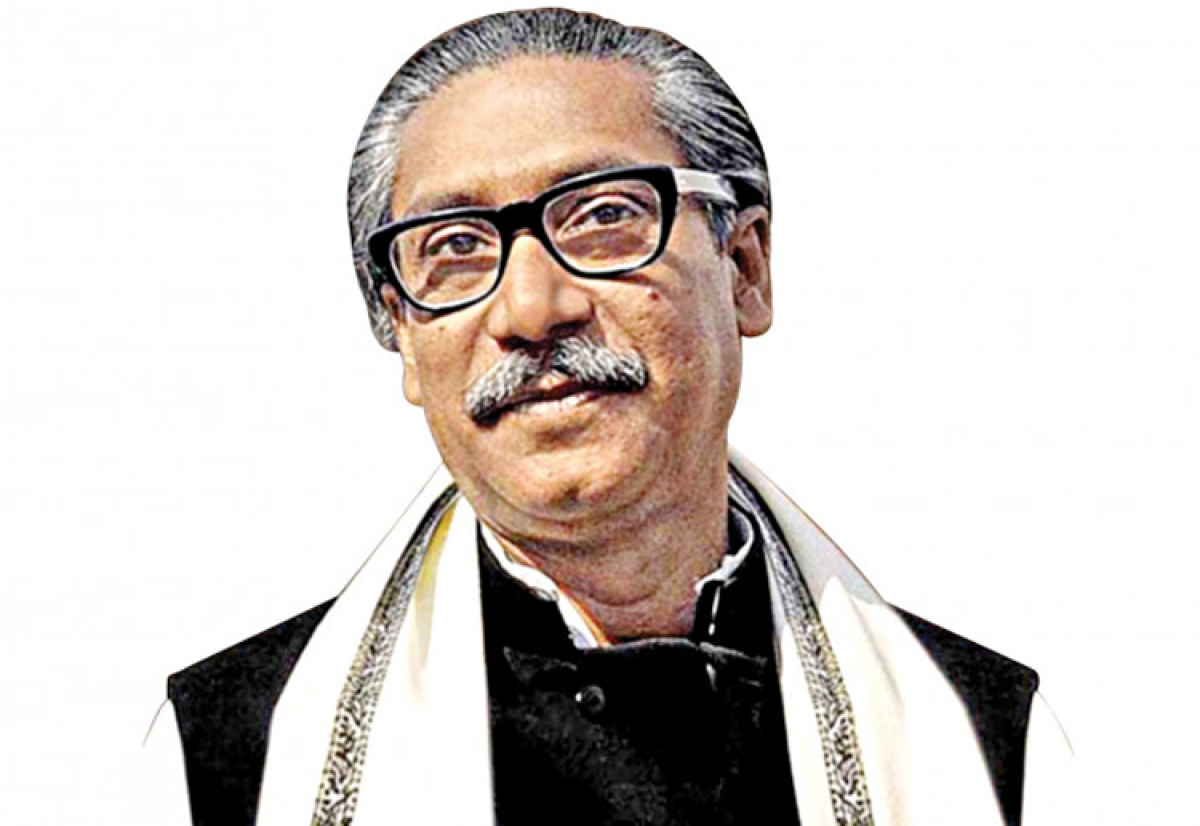Sheikh Mujibur Rahman was born in Tungipara village on March 17th 1920. He was the third among four daughters and two sons of his parents – Sheikh Lutfur Rahman and Saira Khatun.
From his days as a student, Rahman developed an interest in politics becoming an influential figure in the Muslim League, which advocated the creation of a separate Islamic state from India.
In the 1970 general elections in Pakistan, the Awami League, led by Sheikh Mujibur Rahman won an overall majority, but the West Pakistani regime was reluctant to hand over power. The resulting power struggle led to Rahman declaring Bangladesh’s independence on March 26th 1971 and marked the start of the War of Independence. In November 1970, India entered the war, supporting East Pakistan. This led to victory for East Pakistan on December 16th 1970.
Sheikh Mujibur Rahman became the first President of Bangladesh on April 11th 1971. He took the role of Prime Minister in January 1972. In January 1975, he initiated one-party socialist rule, becoming Bangladesh’s fourth President.
Rahman and his family were assassinated on 15 August 1975 during a coup by renegade army officers.
The date of Bangabandhu’s death is a public holiday in Bangladesh, National Mourning Day.
On this day, the president and the prime minister pay their homage by placing wreaths at the Mazar (mausoleum) of Bangabandhu in Tungipara. Bangladesh Betar, Bangladesh Television, and other private TV channels and radio stations are likely to air special programs highlighting the significance of the day.
